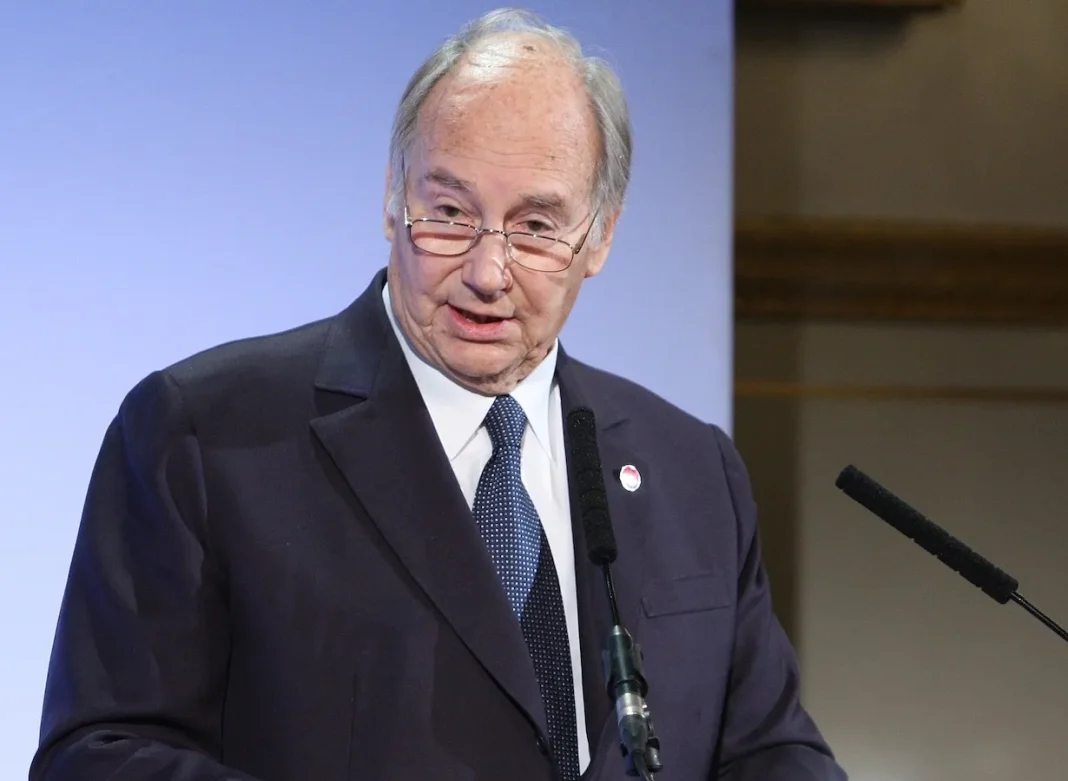Prince Rahim Al-Hussaini Aga Khan V was named as the 50th Imam of the Shia Ismaili Muslim community, following the death of his father, Karim Al-Hussaini Aga Khan IV, who passed away in Lisbon, Portugal, at the age of 88.
The Aga Khan is the spiritual leader of the Nizari Ismailis, a sect within Shia Islam with a rich history dating back to the 8th century. The Aga Khan’s work is to guide his followers, emphasizing social welfare, education, and economic development. The Nizari Ismailis, known for their deep intellectual traditions and progressive outlook, have established a significant global presence under his leadership.
In This Article:
The Historical Roots of the Nizari Ismailis
The Nizari Ismaili sect traces its origins to the schism within Shia Islam following the succession dispute after the death of Imam Jafar al-Sadiq in 765 CE. The Ismailis, who followed Imam Ismail ibn Jafar, later divided further, with the Nizaris emerging as a distinct branch under Imam Nizar in the 11th century.
During the medieval period, the Nizari Ismailis were known for their fortified strongholds, including the famous Alamut Castle in Persia. They developed a sophisticated system of governance, education, and defense, making significant contributions to Islamic scholarship and political strategy.
The Role of the Aga Khan in Nizari Ismailism
The title “Aga Khan” was first bestowed upon Hassan Ali Shah, the 46th Imam, by the Persian monarch in the 19th century. Since then, the Aga Khan lineage has played a crucial role in shaping the identity of the Nizari Ismailis, ensuring their prosperity and adaptation to modern challenges.
Prince Karim Aga Khan IV, who assumed the role of Imam in 1957, has been instrumental in advancing the community’s development across various spheres. His leadership extends beyond spiritual guidance, encompassing global initiatives in education, healthcare, and poverty alleviation.
Key Contributions of the Aga Khan
1. Education and Knowledge Advancement
Education has been a cornerstone of the Aga Khan’s mission. The Aga Khan Development Network (AKDN) has established institutions like the Aga Khan University (AKU) and the Aga Khan Academies, which provide world-class education in developing regions. These institutions emphasize pluralism, ethics, and leadership, fostering well-rounded individuals who contribute to society.
2. Healthcare and Social Welfare
The Aga Khan Health Services (AKHS) and Aga Khan Hospitals are renowned for their high-quality medical care in underserved regions. These institutions focus on maternal health, non-communicable diseases, and medical research, improving life expectancy and healthcare access for millions.
3. Economic Empowerment and Development
Through the Aga Khan Fund for Economic Development (AKFED), the community has invested in sustainable businesses, banking, and infrastructure projects. The aim is to create economic opportunities and self-reliance, particularly in regions affected by poverty and instability.
4. Cultural and Architectural Heritage
The Aga Khan Trust for Culture (AKTC) works to restore and preserve historical monuments and public spaces worldwide. Projects such as the restoration of the Humayun’s Tomb in India and the Al-Azhar Park in Cairo highlight the Aga Khan’s commitment to cultural conservation.
The Global Presence of the Nizari Ismailis
The Nizari Ismailis have a diverse presence across South Asia, Central Asia, Africa, Europe, and North America. Despite historical challenges, including persecution, the community has thrived under the Aga Khan’s leadership, integrating into various societies while maintaining their unique identity.
The Ismaili Centers in London, Toronto, and Lisbon serve as cultural and religious hubs, fostering dialogue, intellectual exchange, and interfaith harmony. These centers reflect the community’s commitment to pluralism and social cohesion.
The Future of Nizari Ismailism
The Aga Khan’s vision for the future revolves around continued investment in human capital, economic sustainability, and cultural resilience. With emerging global challenges such as climate change, political unrest, and technological advancements, the Nizari Ismailis remain adaptable under his guidance.
His emphasis on ethics, knowledge, and social responsibility ensures that the Ismaili community remains progressive while preserving its rich traditions. The future leadership succession will likely continue this legacy, reinforcing the community’s role as a beacon of moderation and development within the Muslim world.
The Aga Khan and the Nizari Ismailis exemplify a unique blend of tradition and modernity, faith and development. Through his visionary leadership, the Aga Khan has transformed his community into a global force for education, healthcare, economic empowerment, and cultural preservation.
ALSO READ – U.S. Deportations Surge: Many Expelled After Border Detentions



